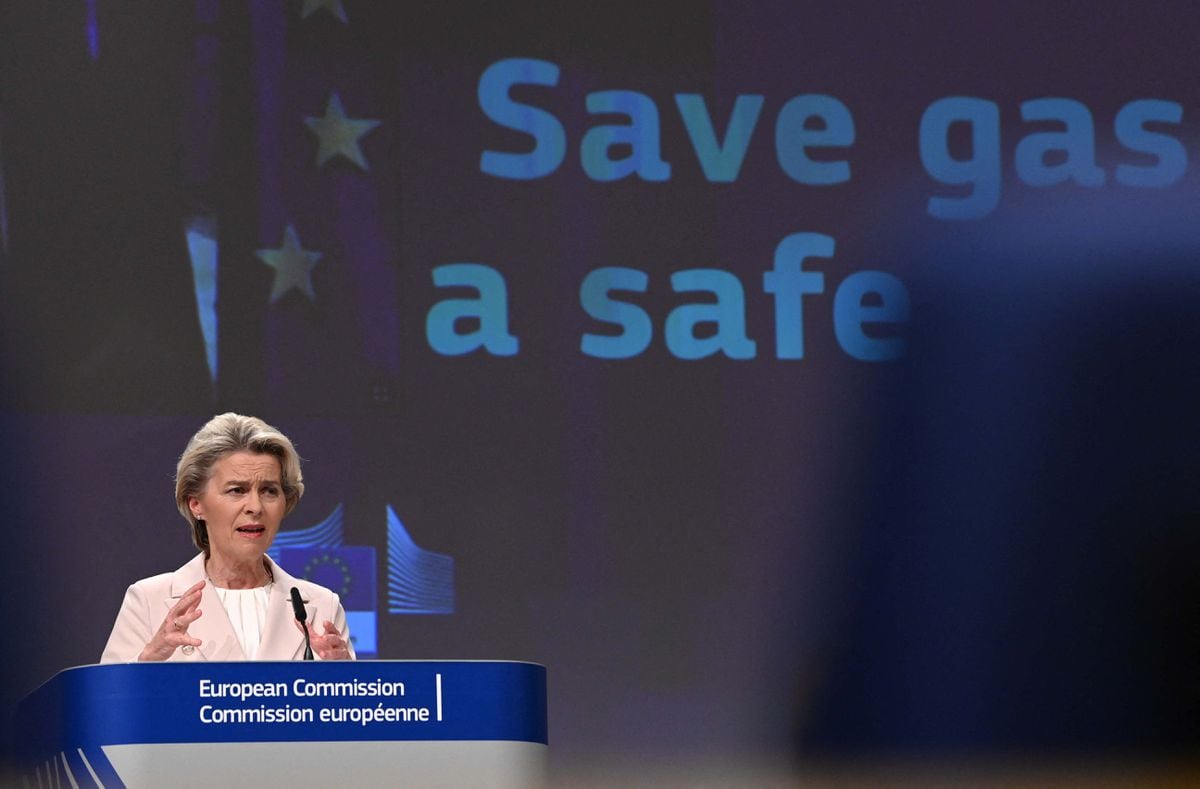Brussels raises aid per company to 500,000 euros if they have been affected by the war in Ukraine
The European Commission has approved this Wednesday a review of the temporary framework for State aid to support companies affected by the war in Ukraine that will allow up to 500,000 euros to be granted to companies that are harmed by the conflict. In March, Brussels created the temporary framework in the image of the one it already launched during the coronavirus crisis. The objective is to relax the community rules on State aid so that countries can support their companies in the face of the economic difficulties arising from the Russian invasion of Ukraine.
In March, the Commission established that European governments could give direct aid of up to 35,000 euros per affected company in the agriculture, fishing and aquaculture sectors and up to 400,000 euros in other sectors. However, with the update published today, it will be possible for countries to provide €62,000 to companies in the agriculture sector and €75,000 to those in fisheries and aquaculture. For all other sectors, the limit rises to 500,000 euros, according to the Commission in a statement.
The amendment also clarifies the conditions under which member countries can grant aid to cover recent increases in gas and electricity costs for businesses. Thus, it is specified that the public support may only cover up to 70% of the beneficiary’s gas and electricity consumption during the same period of the previous year.
The update of the temporary framework, likewise, takes into account the Commission’s proposal published this Wednesday and which proposes that the Member States reduce their gas consumption to prepare for a possible cut in supply by Russia. The review indicates that aid may be given to companies affected by mandatory or voluntary restrictions on gas consumption, as well as granting support for filling gas storage, transitory support and for a limited time for the change to more polluting fossil fuels and support for the provision of insurance or reinsurance to companies transporting goods to and from Ukraine.
In those cases, the granting of State aid will be subject to conditions and will be analyzed on a case-by-case basis. The revision of the temporary framework, likewise, contemplates granting aid to measures that accelerate the deployment of renewable energies. Member States will be able to establish plans to invest in renewable energies, including renewable hydrogen, biogas, biomethane, heat storage and renewable heat, including through heat pumps, with simplified tender procedures “that can be implemented with quickly, while including sufficient safeguards to protect a level playing field.
“In particular, Member States could draw up plans [de ayuda] for a specific technology that requires support in view of the particular national energy mix”, according to Brussels. State aid will also be allowed for measures that facilitate the decarbonisation of industrial processes.
“To further accelerate the diversification of energy supplies, Member States can support investments for the phase-out of fossil fuels, in particular through electrification, energy efficiency and the switch to the use of renewable and fuel-based hydrogen. electricity that meets certain conditions”, has detailed the Community Executive.
The amendment would allow countries to establish new programs based on tenders or directly support projects, “without tenders, with certain limits on the percentage of public support per investment.” “Specific complementary bonuses are foreseen for small and medium-sized companies, as well as for especially efficient solutions from the energy point of view”, added the Commission.
In the case of support for the deployment of renewables and the decarbonization of industrial processes, countries must ensure that projects are implemented on a specific schedule. Public aid in these cases may be granted until June 30, 2023. (Efe)



